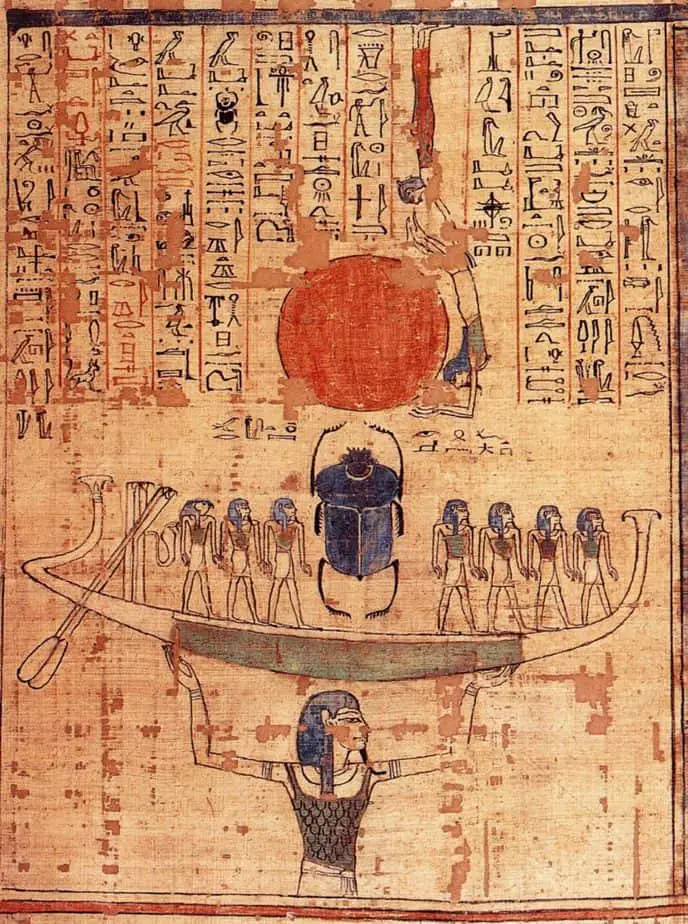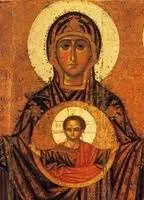St. Nikolai Velimirovich: . . . The error of the nature worshipers, the ancient as well as the modern . . .

Thus then we Christians understand the earth, the sun and the stars as the symbols of spiritual reality and in no way as the reality itself. Pagans of all ages, however, have mistaken those luminous bodies of the firmament for reality. As soon as they took them for reality they began to worship them. That is how the pagans have been ensnared by a terrible error to worship the creatures instead of the Creator. The Greeks worshiped the earth under the name of goddess Gaia, and the sun under the name of Apollo. The sun was worshiped in Egypt under the name of Osiris, and the moon under the name Isis. The moon was worshiped in Babylon, Assyria, Arabia and in many other countries under the name Ishtar.The Persians, as fire worshipers, bowed before the stars as divinities.
The error of the nature worshipers, the ancient as well as the modern, was caused by the fact that their spirit did not guide their eyes but vice versa: their eyes guided their spirit. Similar to a blind person their spirit tottered after their physical eyes and worshiped everything that the eyes declared as reality, and consequently as divinity.
+ St. Nikolai Velimirovich, The Universe as Signs and Symbols



